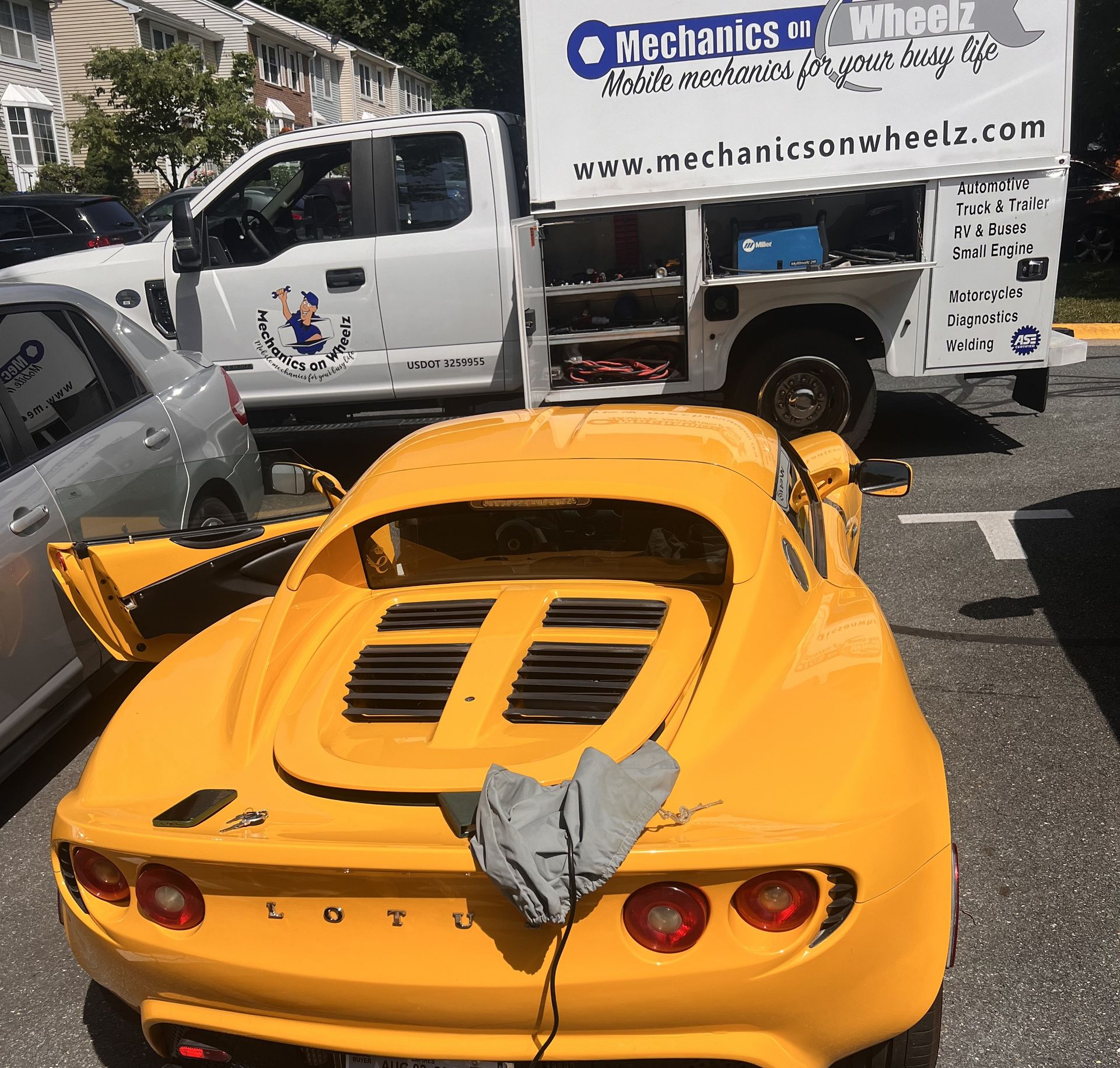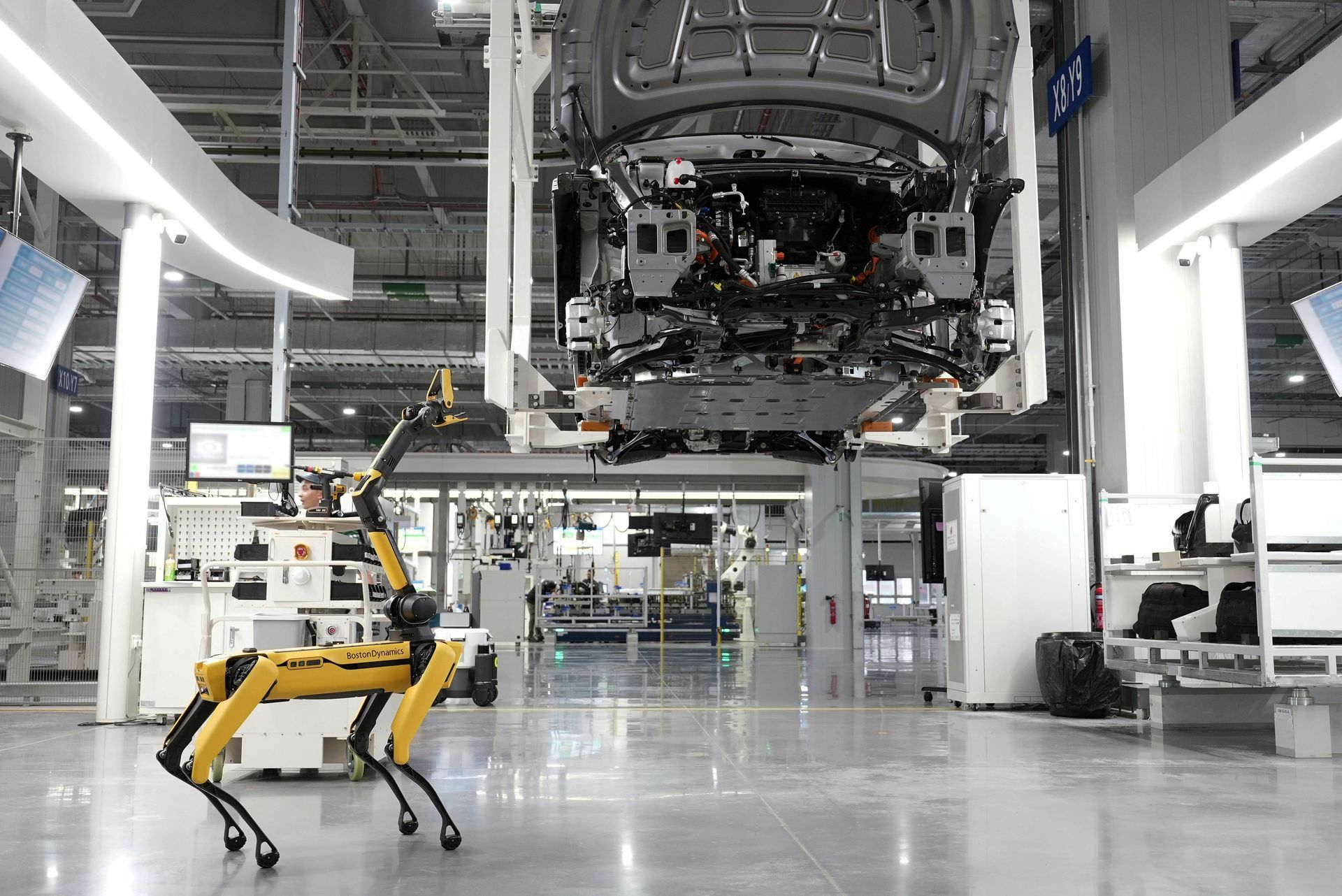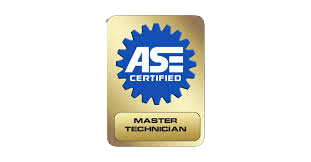Top Most Common Car Problems and Issues Every Car Owner Should Be Aware Of!

Top Most Common Car Problems and Issues Every Car Owner Should Be Aware Of!
It's a universally acknowledged truth that a well-maintained vehicle will treat you to years of reliable service, much like giving a house plant regular water, and sunlight keeps it thriving. But when you hear a sputter, see a flash of a warning light, or feel a kick under the hood, that's your car's way of tapping you on the shoulder for a little extra attention.
Here are 12 of the most common car issues that every automobile owner should be aware of. Understanding these complications can help you diagnose what's going on with your vehicle, explain the symptoms to a mechanic, and may even lead to a DIY solution, saving you time and money down the road.
1. Engine Misfires
When one or more of your car's cylinders fail to ignite the air/fuel mixture at the right time, you experience an engine misfire. The most common causes are faulty spark plugs or damaged spark plug wires. Signs of misfires include a rough or jerky engine idle or hesitation during acceleration. Misfires can also cause reduced fuel efficiency and increased emissions. Regular tune-ups and timely replacement of spark plugs can prevent this issue.
2. Dead Battery
A dead battery is a common issue that often occurs at the most inopportune times. If you notice slow cranking when you try to start your engine or if your headlights dim when you're idling, it could be a sign that your battery is on its way out. This can be exacerbated in cold weather. To avoid being stranded, have your battery tested regularly and don't ignore signs that your battery is failing, such as the check battery light coming on.
3. Overheating
An overheating engine is a serious issue that can lead to expensive repairs if not dealt with promptly. The most common causes of overheating include a low coolant level, a leak in the cooling system, a faulty thermostat, or a broken cooling fan. When your car's temperature gauge spikes, safely pull over and turn off your engine immediately. Overheating can warp engine components and cause permanent damage, so don't delay in seeking professional help.
4. Brake Issues
Your brakes are one of the most critical safety systems in your vehicle, and any issue with your brakes should be addressed immediately. Common problems include worn brake pads, a leaking brake fluid, or a damaged brake line. Signs of brake issues can include squealing or grinding noises, a soft or spongy brake pedal, or the car pulling to one side when you brake.
5. Transmission Problems
Transmission issues can manifest in a variety of ways, from a slipping transmission and delayed engagement to a "check engine" warning light. One of the most common problems is low transmission fluid, but your transmission could be due for replacement if your vehicle struggles to switch gears, the clutch drags, or you hear a scraping or grinding noise when shifting. Regular checks of your transmission fluid level and condition can help prevent major transmission problems.
6. Faulty Spark Plugs
Spark plugs are responsible for igniting the fuel/air mixture in the combustion chamber of your engine. They are a wear item and should be replaced at the manufacturer's recommended interval to avoid issues. A car may experience issues with starting, rough idling, or decreased acceleration when the spark plugs are fouled, damaged, or worn out.
7. Leaking Fluids
If you notice a puddle of fluid under your car, it could be a sign of a leak. Different colored fluids indicate different problems: a reddish fluid can be a transmission or power steering fluid, a dark brown or black fluid can be engine oil, green or orange fluid can be antifreeze, and clear or light brown fluid can be brake fluid. Addressing leaks promptly is critical for the health of your car and for your safety, so always investigate the source of any suspicious drips.
8. Worn-out Tires
Proper tire maintenance is crucial, as tires that are worn out or under-inflated can lead to poor vehicle handling, reduced braking performance, and even blowouts. Always monitor your tire's tread depth and condition, as well as keeping them inflated to the correct pressure. Rotating your tires and aligning them periodically can help to ensure even wear and extend the life of your tires.
9. Electrical System Failures
Your car's electrical system is responsible for powering everything from the starter motor and ignition system to the radio and headlights. Common electrical issues are blown fuses, a faulty alternator, bad battery, or malfunctioning starter. Symptoms of electrical failures can be a failure to start, dim lights, or unresponsive accessories. If your car is showing these symptoms, have the electrical system checked by a professional.
10. Air Conditioning Malfunctions
A malfunctioning air conditioning system can be a significant annoyance, especially in warmer months. Common issues include refrigerant leaks, sensor problems, or electrical failures. Symptoms of A/C issues include warm air blowing from the vents, strange smells, or unusual noises. Regular A/C maintenance can help prevent these problems, such as replacing the cabin air filter and inspecting for leaks.
11. Steering Problems
Poorly functioning steering systems can manifest in various signs, such as difficulty turning the steering wheel, a loose steering wheel, or your car pulling to one side. Problems can include worn-out steering components, a malfunctioning power steering system, or alignment issues. Regular checks of your steering fluid and having your alignment checked at your recommended intervals can help you avoid major issues.
12. Warning Lights
Modern cars are equipped with a range of warning lights that indicate potential issues with various systems. These can include the check engine light, ABS light, oil pressure warning light, and more. If a light comes on, it's important not to ignore it, even if the car seems to be running correctly. This could indicate a developing problem that, if addressed early, can save you from a larger issue down the line.
Understanding these common car problems and their symptoms can give every driver an edge in keeping their vehicle in top condition. Regular inspection and addressing issues promptly are key to a healthy and long-lasting car. Remember, when in doubt, it's always best to consult with a qualified mechanic to ensure the proper diagnosis and repairs. Taking the time to listen to your car and acting on what it says will not only save you money in the long run but will also keep you safe on the road.
Mechanics on Wheelz will come to you at your convenience to diagnose and fix any of these common car problems. Our team of expert technicians is dedicated to providing top-quality service and getting you back on the road as quickly as possible. Contact us today for all your car maintenance and repair needs. Drive safely! The key to keeping your car running smoothly is regular maintenance and addressing issues promptly when they arise.
One important aspect of maintenance is keeping up with your vehicle's recommended service schedule. This includes oil changes, tire rotations, and other vital inspections that will help keep your car in peak condition.
Another way to prevent common car problems is by being proactive and attentive to any changes in your vehicle's performance. If you notice unusual noises, vibrations, or leaks, it's essential to have them checked by a mechanic to prevent further damage.
In addition to regular maintenance and addressing issues promptly, it's crucial to pay attention to your driving habits. Aggressive driving and neglecting warning signs can contribute to many of the common car problems mentioned above. Taking care of your vehicle and being a responsible driver will go a long way in keeping your car healthy.



